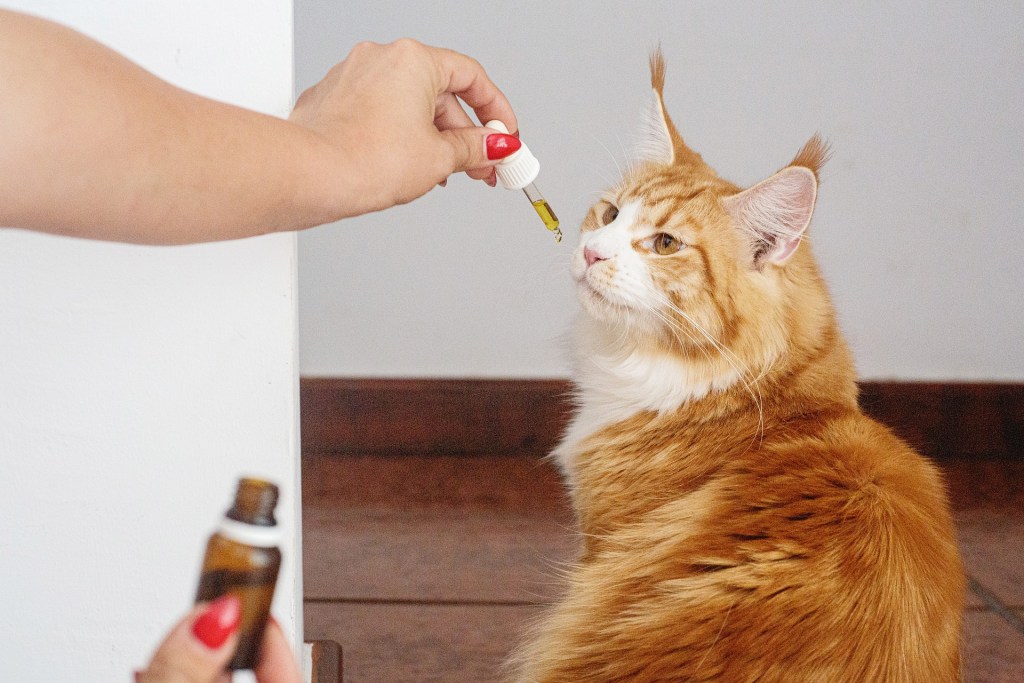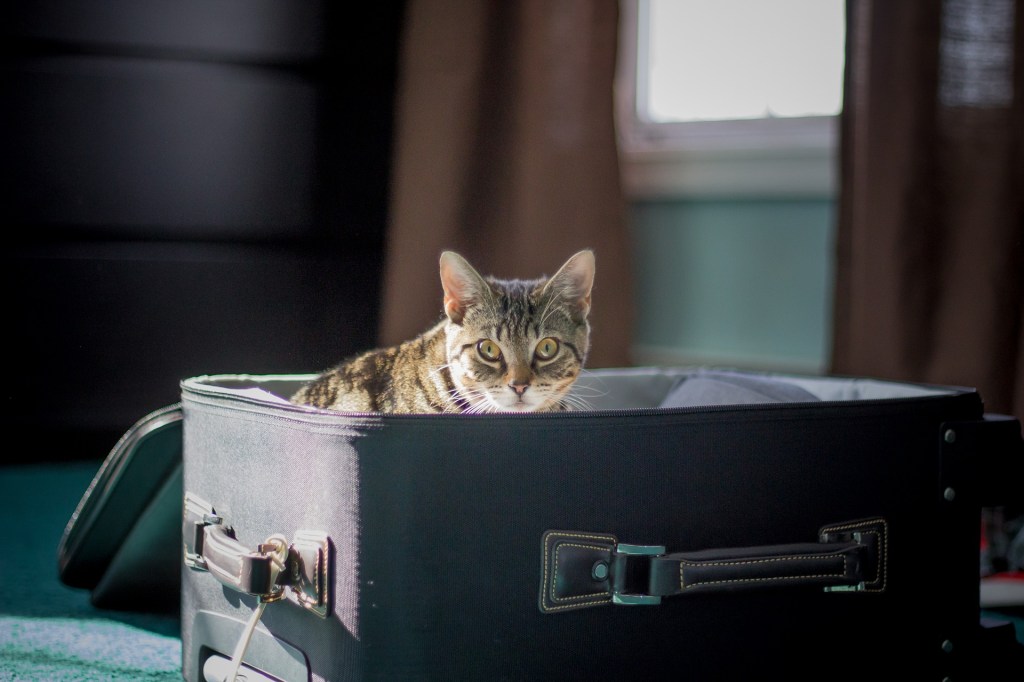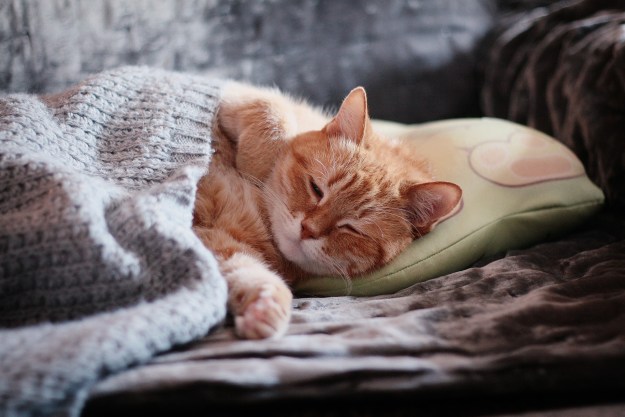Many cats aren’t at all fond of car trips, and if your travel also involves a plane, the experience can be downright stressful for your cat. While hopefully, your cat doesn’t have to travel far or often, there are some cases where cats are so anxious about a trip that it may be better to give your cat medication to help him cope. If your cat has a history of being anxious during trips, your vet might prescribe a cat sedative for travel.
Like any medication, sedatives do pose some risks, so, if possible, your vet will avoid sedating your cat unless it’s absolutely necessary. Whether you’re planning for a trip across the country or know that your cat just doesn’t travel well, be sure to schedule an appointment with your veterinarian well in advance to discuss your options and come up with a solution that works for your cat.

Can I sedate my cat for travel?
According to VCA Hospitals, most cats travel well and don’t need to be sedated, but there are exceptions. If your cat doesn’t travel well, your vet might suggest that you try some different strategies, like using a ThunderShirt or pheromones to help keep her calm.
Emergency Vets USA notes that if your cat experiences anxiety while traveling, your vet may recommend sedation. It’s essential that if you sedate your cat you are able to monitor her during the trip. If you’ll be flying with your cat and she needs to travel in the cargo department you shouldn’t sedate her at all.
Cat sedatives for travel
According to VCA Hospitals, your vet may prescribe medications like buprenorphine, gabapentin, or alprazolam. These medications help to reduce anxiety in cats and will encourage them to relax.
It’s important to follow your vet’s instructions precisely, and it’s a good idea to test out the medications on your cat while you’re at home to see how he tolerates them. This will give you the chance to contact your vet and make any necessary adjustments to find the dosage that works best.
Other solutions: Cat travel anxiety medication
Before you sedate your cat, you might want to try giving him medication to help control his anxiety first. Pet MD explains that there are many anti-anxiety medications commonly prescribed for cats. These include options like fluoxetine, sertraline, lorazepam, and trazodone. These medications typically won’t have the same effect that an actual sedative will have. Instead, they’re designed to reduce your cat’s stress and help to regulate his mood.
Many of these medications are given daily, but it may be weeks before they take full effect. They can also cause some side effects, so it’s important to discuss these possibilities with your vet, monitor your cat, and adjust dosages or change medications until you determine what works best.

What can I give my cat to relax while traveling?
There are several options available that will help your cat to relax, and these don’t have to be sedatives. Emergency Vets USA recommends spraying artificial pheromones in your cat’s carrier or having him wear a pheromone collar. The pheromones promote a sense of calmness for your cat.
You can also fill your cat’s carrier with familiar items, like a favorite bed or blanket and some of your kitty’s favorite toys. These things will smell like home and can help to reassure and calm your cat.
Don’t forget that there are many ways you can help your cat get used to traveling and better deal with that stress. Make sure that you choose a carrier your cat can comfortably fit in, and start by taking your cat on very short car trips. When you return home, let your cat out of the carrier and give her a treat. Repeating this process and taking the time to get your cat used to traveling, especially when it ends in a positive experience, can help make your cat more comfortable. Some cats will always find traveling tough, especially when going on longer trips, but any work you can do to help your cat get used to the idea can reduce the stress she feels.
Editors' Recommendations
- Wondering why cats chirp? Fascinating reasons why your cat chirps at birds (and you)
- How to cat-proof your balcony before the unthinkable happens
- There’s a totally normal reason cats throw up after eating grass – here’s why
- Why doesn’t my cat meow? Here are 5 reasons why your feline friend is silent
- Is your cat hissing and growling a lot? These 5 tips will work wonders on your feline friend



